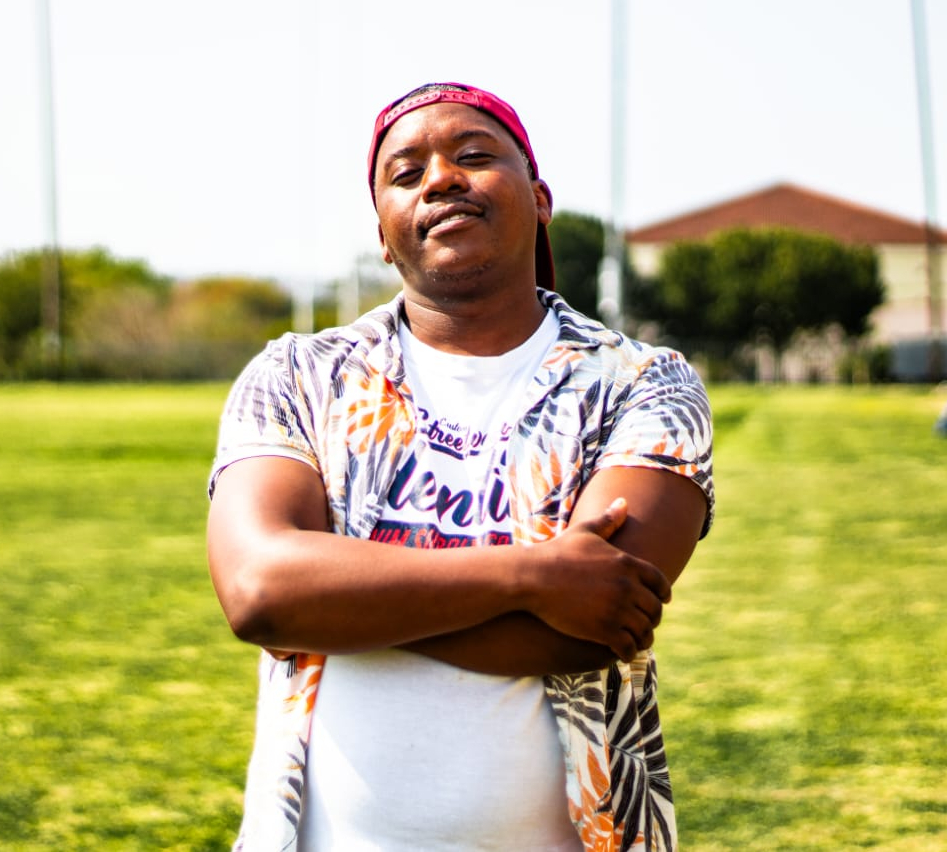By Andile Nayika
It has been three decades since the dawn of democracy in South Africa, yet gaps between communities and government remain a talking point. The apartheid administration brought the blatant exclusive participation in governance, forcefully silencing a large portion of the population. However, the 1994 turn-around promised equality, inclusivity, freedom in the form democracy; a government in which the supreme power is vested in the people and exercised by them directly or indirectly through a system of representation usually involving periodically held elections. Even though elections are at the centre of democracy, local municipalities, according to Chapter 4 of the Municipal Systems Act 32 of 2000, need to develop a culture of community⁷ participation. This culture includes encouraging and creating conditions for the local community to participate in the:
- Preparation, implementation and review of its Integrated Development Plan (IDP)
- Establishment, implementation and review of its performance management system
- Monitoring and review of its performance, including the outcomes and impact of such performance:
- Preparation of its budget and strategic decisions relating to the provision of municipal services
Chapter 10, s195 (e) of the South African constitution also states that people’s needs must be responded to and the public be encouraged to participate in policymaking.
According to findings of community-engaged research undertaken by the Action for Accountability (A4A) project in Makhanda, out of 10 residents interviewed by the Makhanda A4A Media Fellows, 8 indicated their inactiveness in municipal affairs. Half of the residents interviewed express their loss of hope and trust in the municipality as a reason for their inactiveness. To address understandable public criticism, the municipality ought to intervene with mechanisms to motivate and support meaningful public participation.
The A4A is aimed at encouraging a culture of active citizenry, impactful public participation and an accountable governance, all through collaborative efforts between the community, stakeholders and the municipality. The A4A has been conducting research through direct data collection or surveys, where Community Frontline Associates (CFA’s) go out into different communities and interact on some key local governance issues. The data is processed and used to inform advocacy approaches. The A4A also conducts research and regular documentation and monitoring of issues through site visits and community interactions. The A4A has lodged several submissions to date at the Makana municipality and continues to monitor public resource management.
In some cases, for citizens to gain better understanding of municipal documents and communication, support is needed. In cases where there is a gap in public participation, the municipality has the duty of contributing to building the capacity of local communities and ward committee members for meaningful participation in municipal affairs, as it is stated in the Municipal Systems Act. It is important for residents to understand the functioning of the municipality and the roles played by duty bearers and other officials, including the functions of the different portfolios and offices. Citizens also need more capacity on channels of public participation and monitoring of government activities. Another important aspect of learning is the realisation of the community’s social responsibility and responsibility in government.
Ward committees are sub-municipal structures that were created in 2000 for the purpose of enhancing participatory democracy in their wards. As active citizens representing the communities and their needs, ward committee members must also attend municipal council meetings and report back to residents. Legislation requires ward committee to meet at least 4 times a year. However, even with 14 ward committees in the Makana municipality, each with supposedly 10 members, most seats in the public gallery during council meetings remain empty, with minimal public representation. These are observations from meetings held since the beginning of the 2022/2023 financial period.
Attending meetings and participating publicly improves the understanding of the socio-economic landscapes, progress and development, it gives an opportunity to influence decision-making on service delivery, governance processes and policy-making. For ward committees, whose duty is also to mediate between the community and the municipality, not being active in public engagements shuts down the communication channel beneficial to the rest of the community. The platforms for citizen participation not only inform but also serve to consult with the public and involve and collaborate with it in the processes. These processes could involve capacity-building, skills development and employment opportunities which serve to empower citizens.
The Public Service Accountability Monitor (PSAM) has, for several years provided support to elected representatives and civic actors through capacity building on social accountability and public resource management. Since 2022, the organisation has been engaging with the Makhanda community through the Action 4 Accountability project.
In an ideal democracy, governance is conducted in consultation with the community and local municipalities, like Makana, as spheres closest to the people have a crucial role to play in making democracy a lived experience.
Andile Nayika is a Community Facilitator for the Action for Accountability (A4A) at the Public Service Accountability Monitor (PSAM). The A4A is a collaborative project between the PSAM, Accountability Lab South Africa and the Ahmed Kathrada Foundation.


